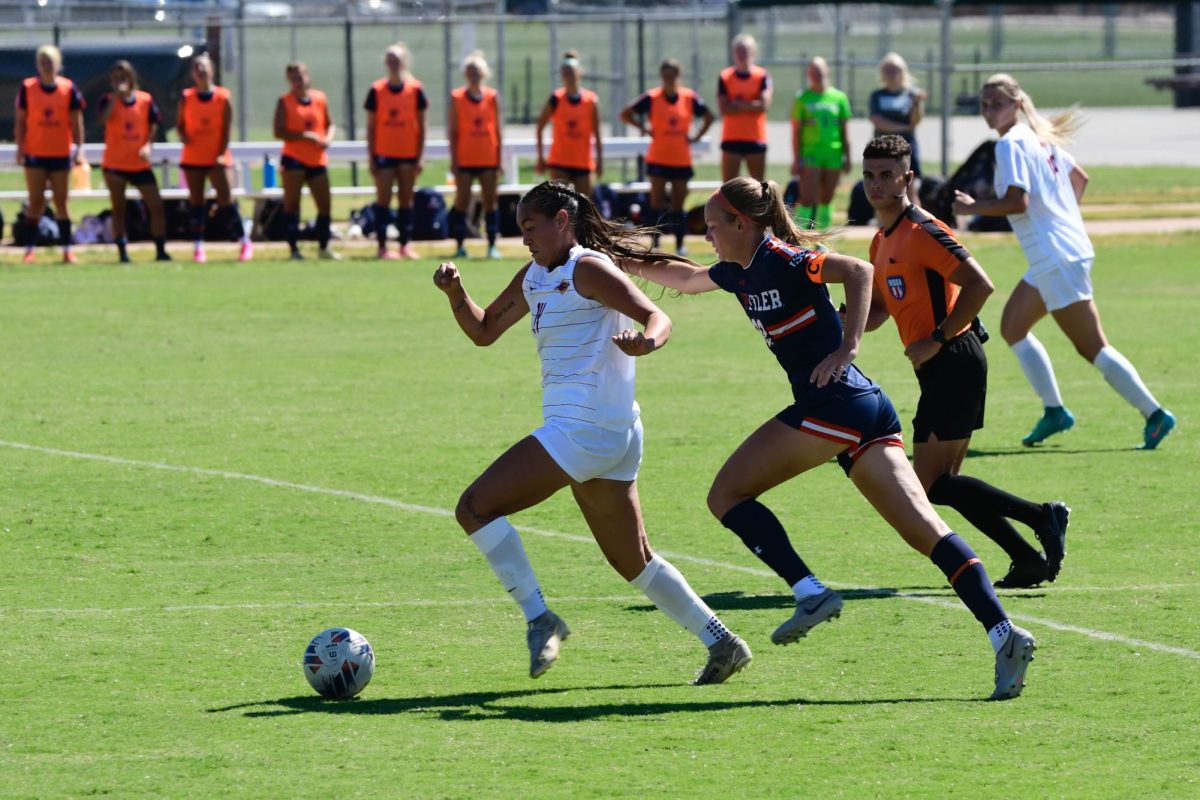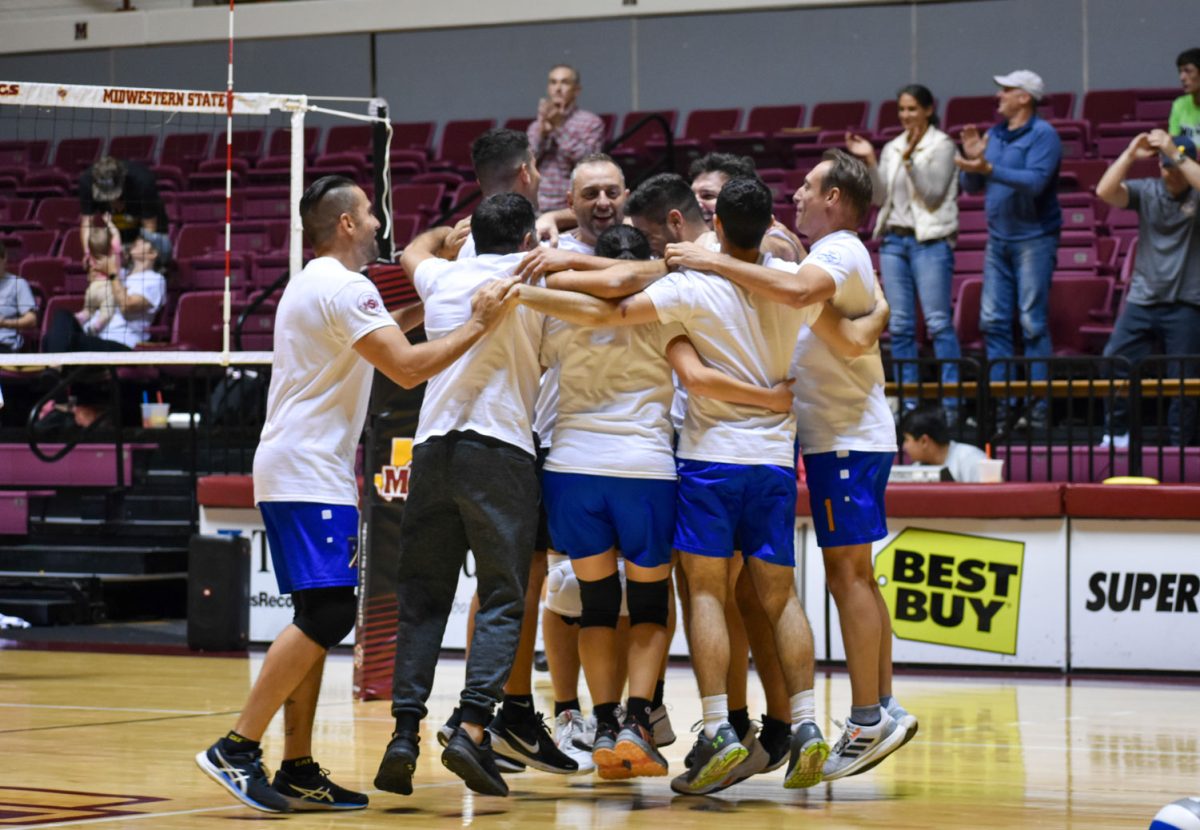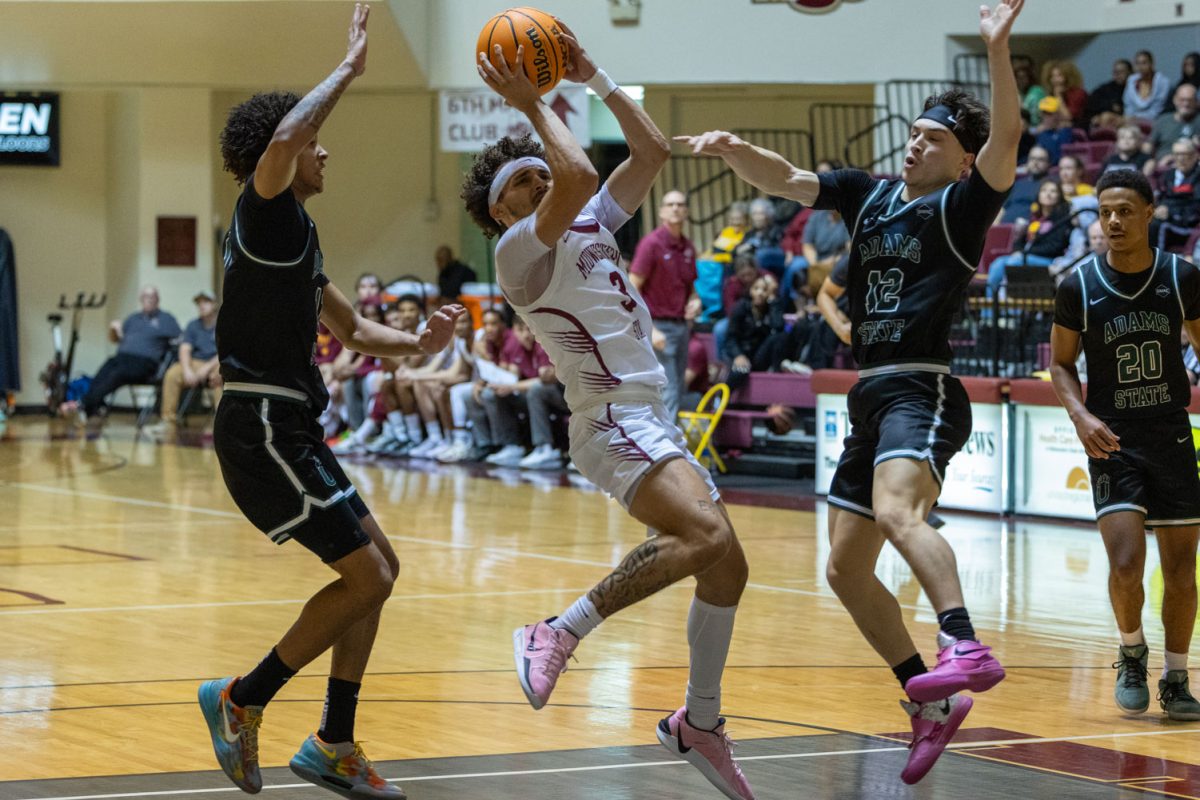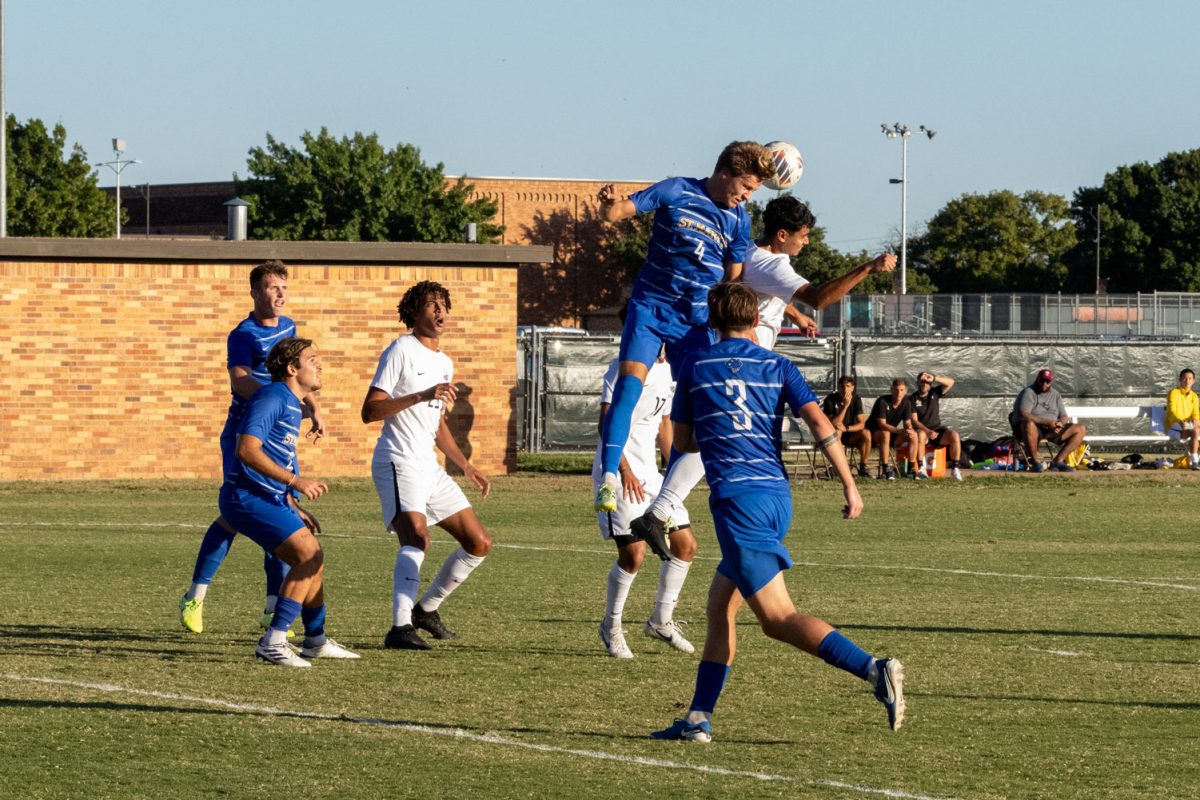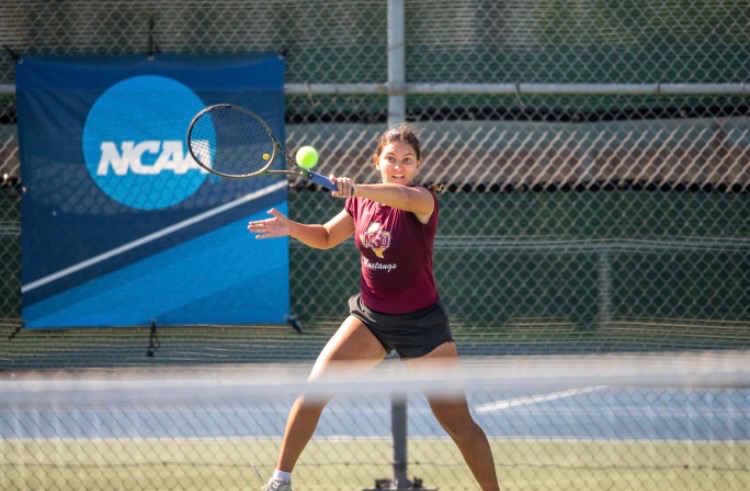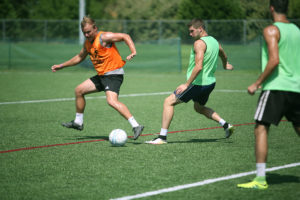
Multiple college careers with possible promising futures have come to an end too often. Injuries, financial reasons and workload are some causes of this. Why does this happen though? What situations lead to these athletes believing it is best to end their career so soon?
The athletic teams tend to be very competitive in most sports. The football team is currently ranked fourth in the country and on its way to playoffs. The soccer team also ranks fourth in the country and won the Heartland Conference. Our cycling team competes against Division 1 schools. The men’s basketball team was ranked before the preseason has even started. The athletic teams want to have the best product out on the field, having multiple practices per week, sometimes even per day.
Grant Norris, business management junior, said, “Three years on the soccer team and we were always very competitive, making it deep in the playoffs last year. Coach Elder always wanted the best producers on the field. This led to me not getting the playing time I desired and it took me a while but I thought it would be best for me to end my career.”
Norris had played minimum time throughout his time on the team. He went through some injuries and it all led to few minutes on the field. A successful player in high school, coming out of Dallas, he expected to continue his successful into his college career.
Norris said, “I expected to red-shirt my freshman year but then gradually lead into a more important role on the team throughout my time here, it just didn’t work out the way I wanted it to.”
Norris parents were against his decision to end his soccer career early but then warmed up to the idea. They thought it was a lazy decision on his part, but that’s not what he was thinking. He was dedicating his entire college life to soccer when he wasn’t getting the playing time he believed he deserved.
Norris said, “Having a girlfriend, going to school, trying to work and then adding soccer, with all the practices, games, events and other commitments, it was just getting to be too much.”
Another athlete who left his sport early was TC Richards, business junior and former football player. Richards came out of Fort Worth as an All-District second team player, expecting to make an impact on the Mustangs. Starting on the practice squad, he thought he could fight his way to the roster with hard effort and “a little bit of luck.”
Richards said “I felt the coaches had it out for me, because anything I did seemed to do would be wrong…I really wanted to help the team and continue my playing career. I had the grades, I did everything they asked, I worked my tail off but it just wasn’t working, that’s why I quit.”
Whether it was skill, effort or they just didn’t like Richards, the coaches didn’t believe he was right for the team. Richards could have gone on to another school to play since his career here ended so soon, but he didn’t think it was worth it.
Jaelen Lewis, engineering senior, also quit his sport early. Coming out of a high school winning a state championship, being a first team All-District player and contributing significantly on the field, he expected to have an immediate impact on the team.
Lewis said, “The hours I had to put in to be on the team, not to play, just to be on the team was ridiculous. I had no life for months and I wasn’t happy, that’s why I decided to take a different route.”
Lewis had to manage working, engineering school (which is a time commitment in its own), playing football and being part of a fraternity. Too many commitments led to a difficult first year for Lewis.
Lewis said, “Having to manage all that was difficult and kind of made me depressed. I thought going and starting over back home but I am glad I stayed.”
Lewis’s case was just an overload of work from every aspect of his life. He had to let go of a commitment and he chose football.
A freshman this year, Nathan Grisham came to college early to start a new chapter in his life. Recruited by many Division 2 schools, he chose MSU because of the program — yet he no longer plays football.
Grisham said, “The time commitment was too much, I had no fun this summer playing the sport I love which isn’t good. I miss the games every day but outside of that, I hated it.”
Grisham went on to join a fraternity and focus on his studies, holding a B average in all of his classes.
When asked if he believes he could have the same grade point average if he continued to play football he said, “Maybe, but I would have multiple late nights studying, trying to catch up on school. My body would be worn out and I probably wouldn’t have the desire to study.”









